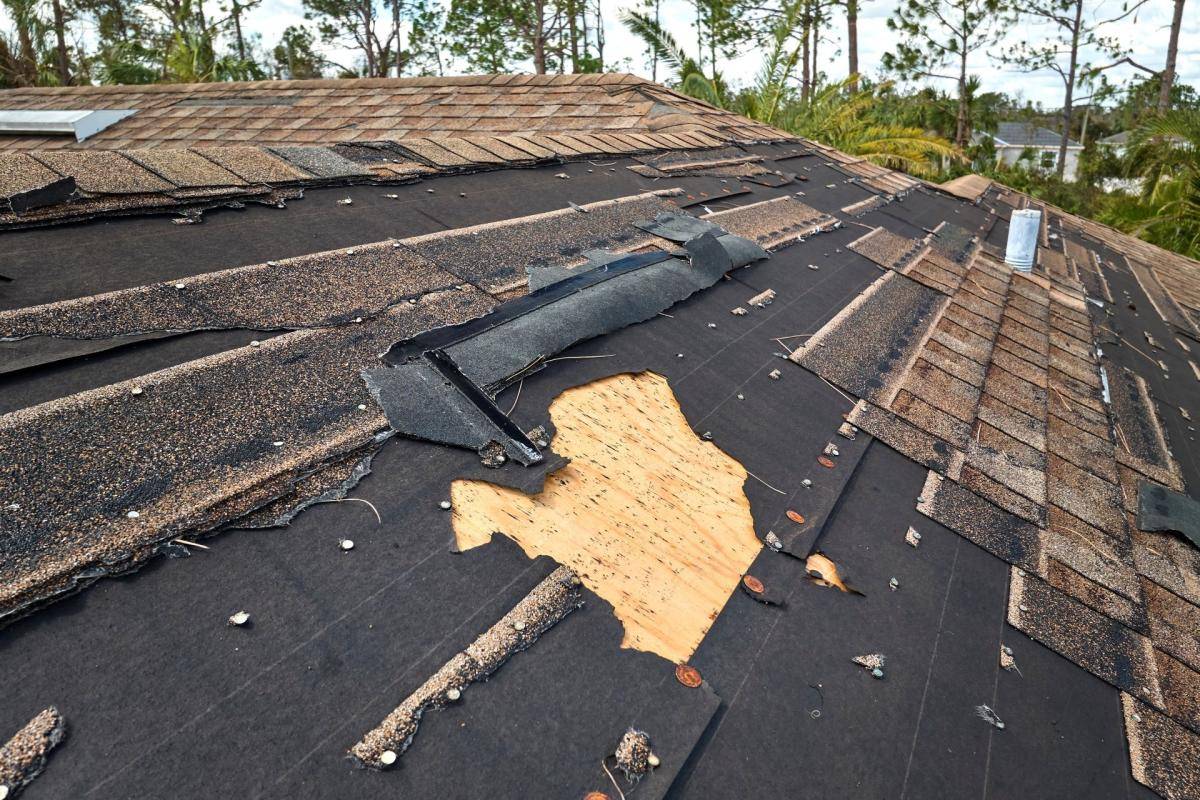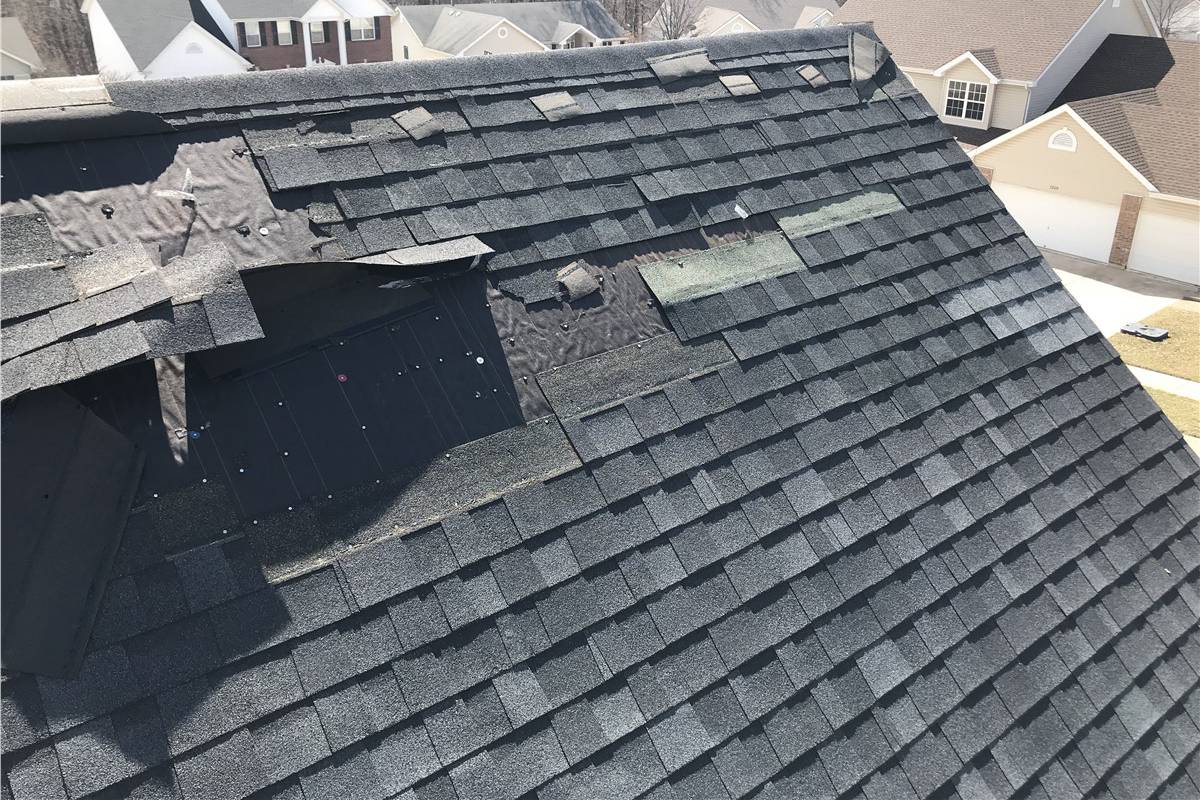Insurance Scope Assessment


See the Numbers That Speak Our Expertise
At Texco Roofs LLC, our results speak louder than words. With hundreds of roof replacements completed across Texas and countless satisfied homeowners, we’re proud to be a trusted name in insurance-backed roofing. Here’s a glimpse of the impact we’ve made.
Happy Clients
Years Experiance
Completed Projects
Qualified Engineers
“Texco Roofs made the entire insurance process simple. They replaced our roof exactly as outlined in our claim and handled everything professionally. Couldn’t be happier with the result!”
Sarah M
“I’ve worked with contractors before, but Texco Roofs truly stands out. Great communication, handled everything from claim to completion, and the new roof looks amazing.”
John B
“After a major hailstorm, we were overwhelmed. Texco Roofs stepped in, worked directly with our insurance, and replaced our entire roof flawlessly. Highly recommend their team!”
Lisa K
“No upselling, no nonsense — just honest, fast, and quality roof replacement based on what my insurance covered. They even stained our fence since it was included!”
David L
Texco Roofs LLC is a Fort Worth-based roofing company specializing in full roof replacements and storm restoration services.
Links
- © Copyright 2025 by Texco Roofs LLC

